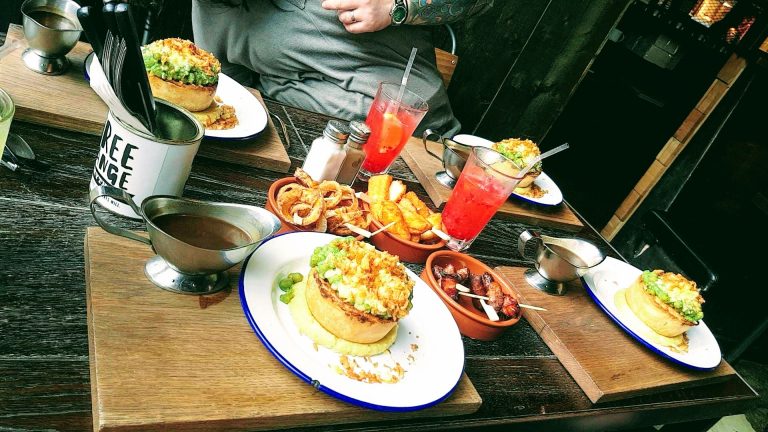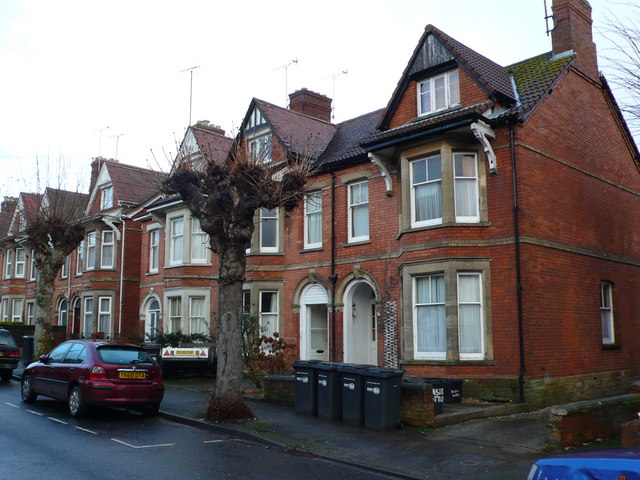The eight best classic slang terms in the North East
Canny

Starting with a simple one, ‘canny’ simply means good. If your boss or lecturer told you that you could finish early, or a co-worker tells you that there’s free food in the office, expect to hear a cry of: “Tha’s canny, that is!”
Canny can also be used as a compliment, meaning lovely, so it isn’t uncommon to hear phrases such as ‘he’s a canny lad’ or ‘she’s canny, she is’.
Bait/Scran

Bait and scran are both words meaning food. Some people may define ‘bait’ more specifically to mean a packed lunch, one that you may take to work or school, but if you use it interchangeably with ‘scran’, people will understand you. For example, ‘do you want to stop for some scran’ on your way home is a perfectly legitimate way to say ‘would you like to take a detour to get something to eat’.
Radgie

Radgie – or radge, as more commonly heard in Wearside according to Phil Curtis of the Sunderland Antiquarian Society – means a temper tantrum.
The English Dialect Dictionary suggests that this word is a derivative of ‘rage’, and can be heard as such: “Tha guy’s gan propa radgie, like.” For conversion? “That man has gotten very angry.”
Mortal

Mortal is a beautiful one word way to describe being shamefully blackout drunk. Regardless of what your beverage of choice is, drink too much of it and you run the risk of becoming a ‘radgie’ – see above – screaming: “I’m mortaaaaaaaaal!” in your favourite pub. Drink responsibly!
Nebby

To be nebby means to be nosy. For some history behind this, senior lecturer for English Language Dr. Michael Pearce says: “Nebby is a adjective derived of Old English ‘neb’, meaning the beak of a bird. To be ‘nebby’ is to stick your ‘beak’ where it’s not wanted!”
Why Aye

Why aye’s literal meaning is ‘why yes’. However, the meaning of its use is all dependent on the context given. For example, it could be used as a simple confirmation, a term of excitement or encouragement, or as a sarcastic remark to a daft question.
Howay/Haway

Similarly to ‘why aye’, howay or haway – Tyneside and Wearside respectfully – has many meanings depending on the context in which it is used. It can be positive or negative, either as encouragement or dismissal, for example: go away, hurry up, come on, good luck or okay.
The history provided by Dr. Mike Pearce and the English Dialect Dictionary suggest that its origins come from the mines; it began as a call to the brakesmen to either lower the cage or speed up movement.
Yem/Hyem

Yem, or h-yem – pronounced with an ‘h’ in the back of the throat – is simply a North Eastern way to say home. Often accompanied with ‘gannin’, Philip Curtis admits that this is more used on Tyneside, suggesting that ‘garn home’ is the Wearside equivalent to ‘going home’.
